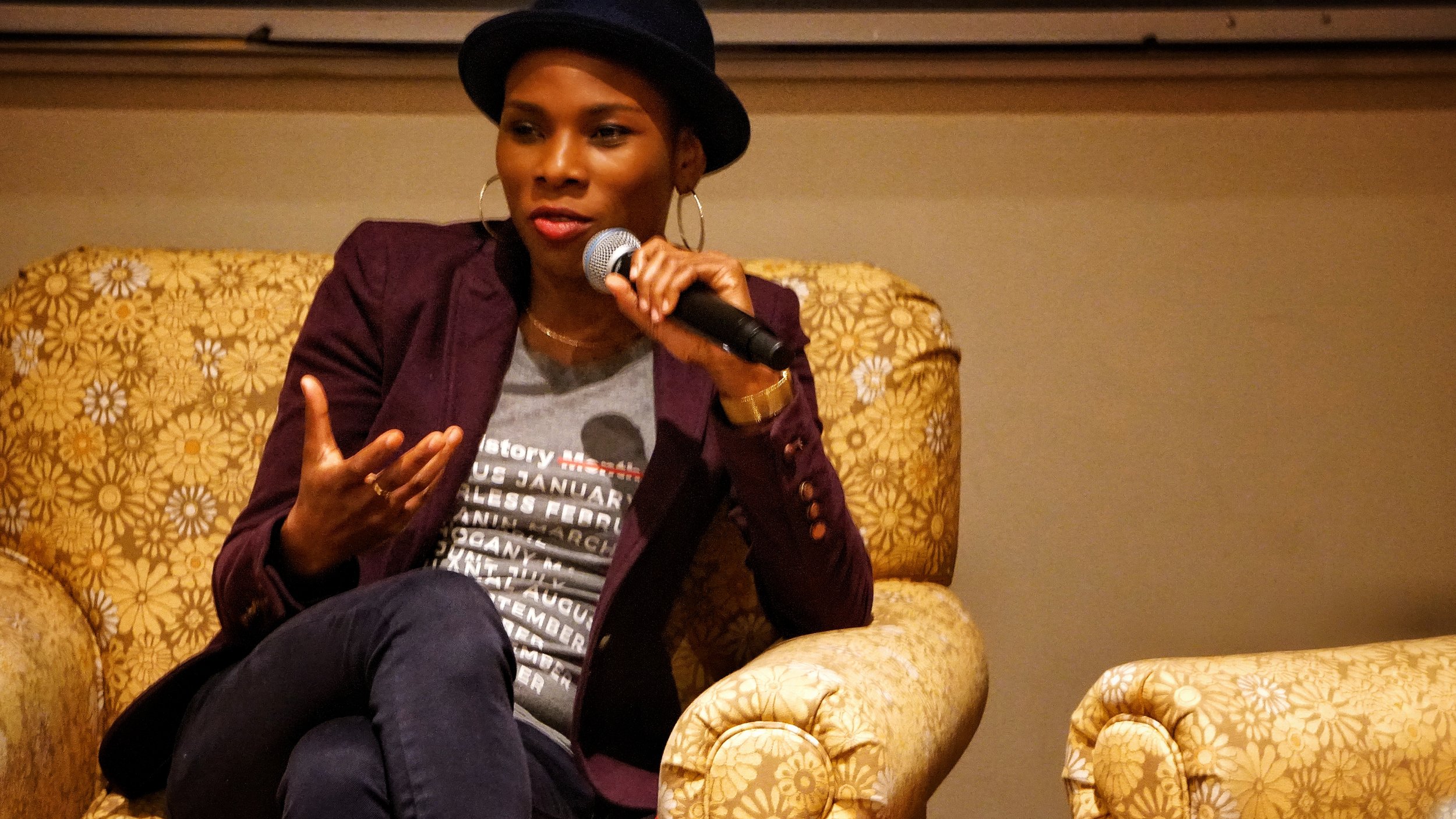Feb. 21 marked the official 15th anniversary of the premiere of “Avatar: The Last Airbender” series on Nickelodeon. The show, which won Annie, Genesis, Primetime Emmy and Peabody awards, has also spawned “The Legend of Korra,” a comics series and a live-action film as well as being recently greenlit for a live-action Netflix remake. Now “Avatar: The Last Airbender” has also inspired a young adult book series.
“The Secret History” makes strides in budding dark academia genre
BY BEATA GARRETT ’20
When the public discovered that Donna Tartt’s “The Goldfinch” was greenlit for a film adaptation, critics were skeptical whether her book could transfer to the screen. The Guardian called the Pulitzerwinning novel her “most divisive book” and noted that Warner Brothers sought the rights to her debut novel, “The Secret History,” before gaining rights to “The Goldfinch.”
“The Secret History” received praise when released and remains popular with “dark academia” fans, who credit the book with creating the genre. Since the release of “The Secret History,” other novels similar to Tartt’s have begun to define the genre. While the definition of dark academia is still murky, the online community seeks to understand it.
Dark academia novels draw from the genres of satire and tragedy. They also often focus on the humanities and liberal arts, which motivate the passions of the main characters, who resort to violence. Dark academia focuses heavily on gothic aesthetics and its authors write in elaborate prose.
These elements differentiate it from the “campus novel,” which takes place at college, and the “campus murder mystery novel.” Because of these requirements, novels like V.E. Schwab’s “Vicious” and Lev Grossman’s “The Magicians” series would not qualify as dark academia; “Vicious” is only briefly set in college and “The Magicians” lacks a focus on gothic aesthetics.
Study Breaks Magazine explores the allure of Dark Academia geared toward traditional collegeaged students, writing that, “[i]nstead of viewing college with the ... dread that college students usually do, they have delved into their studies with a renewed, finer appreciation for things as simple as the aesthetic of pens, notebook pages and cursive writing ... lying on their desks.”
Dark academia is full of narrative possibilities but has been criticized for being overwhelmingly white and male-centered. Books in the genre do feature gay romances, but there are few happy endings to go around.
“The genre has a problem with the way it treats its gay characters, the women, and the absence of people of color entirely,” Ju Eun Choi ’20 said. “Novels in Dark Academia also romanticize college life without criticizing the institutions and other students who make it so difficult for marginalized students struggling with things like mental health and racism.”
Dark academia is a relatively new genre, but has great potential to tap into the more taboo aspects of academia. To get started, fans typically recommend Donna Tartt’s “The Secret History” and M.L. Rio’s “If We Were Villains,” a book about actors studying Shakespeare who must confront each other and themselves after one of them is killed.
Empowering writers online: The rising influence of Wattpad
BY BEATA GARRETT ’20
This year, “The Kissing Booth,” a romantic comedy on Netflix, and the supernatural thriller “Light as a Feather” were released on Netflix and Hulu. Both films started as novels on Wattpad, a website and a community for the online publication of user-generated fiction, and were subsequently published by Penguin Random House and Simon Pulse, respectively.
Stephen King continues to influence horror in pop culture
BY BEATA GARRETT ’20
Ask any American who Stephen King is and it’s almost certain they will have seen one of his adapted movies or read one of his books. Katie McLain at Bookriot, a website that focuses on book news researched which horror writers appeared most when “best horror writer” is Googled, revealing King as the winner.
Comic series “Monstress” addresses survival, trauma and disabilities
BY BEATA GARRETT ’20
Written by Marjorie Liu and illustrated by Sana Takeda, “Monstress” is a comic series that follows protagonist Maika Halfwolf’s journey in learning about her mother’s death and unlocking a devastating power within. The series is set in 20th century Asia during a war between humans and Arcanics, a race descended from gods. The comics highlight the way women of color survive the trauma of war both alone and through the relationships they form with one another. The content is violent — touching upon topics such as slavery, physical disabilities and PTSD — but never becomes exploitative.
YA giants Levithan, Westerfeld, Clare and Black visit Mount Holyoke
BY BEATA GARRETT ’20
On the night of Tuesday, Sept. 11, in Gamble Auditorium, Mount Holyoke welcomed four young adult (YA) authors to speak about their recent series and to share their writing experiences. The panel included Cassandra Clare, Holly Black and Scott Westerfeld and it was moderated by David Levithan.
Brittney Cooper advocates for “eloquent rage”
BY BEATA GARRET ’20
“Friendships with Black girls have always saved my life,” Brittney Cooper said, reading an excerpt from her 2018 book, “Eloquent Rage: A Black Feminist Discovers Her Superpower.” Cooper delivered her BOOM! conference keynote on April 3, and is a writer, public speaker and professor at Rutgers University.
Author Luvvie Ajayi emphasizes the importance of truth in activism at book talk
Dystopian “Red Clocks” fails to connect with readers
BY BEATA GARRETT ’20
Hailed as the new “The Handmaid’s Tale,” Leni Zumas’ third dystopian novel “Red Clocks” takes place in a society where abortion is newly criminalized and adoption is restricted to married couples. The novel explores the intersecting lives of four women and the ways in which they navigate society: Ro, the high school teacher and biographer who desperately wants a child; Mattie, her student who finds herself in an unwanted pregnancy; Susan, a housewife trapped in a loveless marriage and Gin, a “mender” who helps those abandoned by the health care system and finds herself on a modern-day witch trial for doing so.





